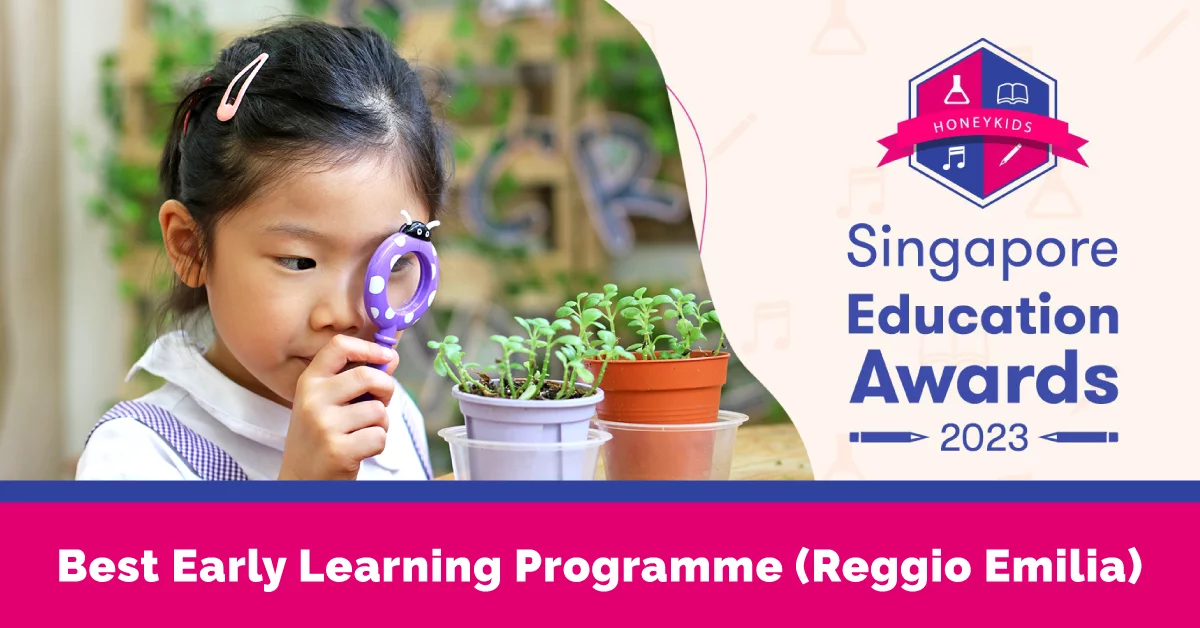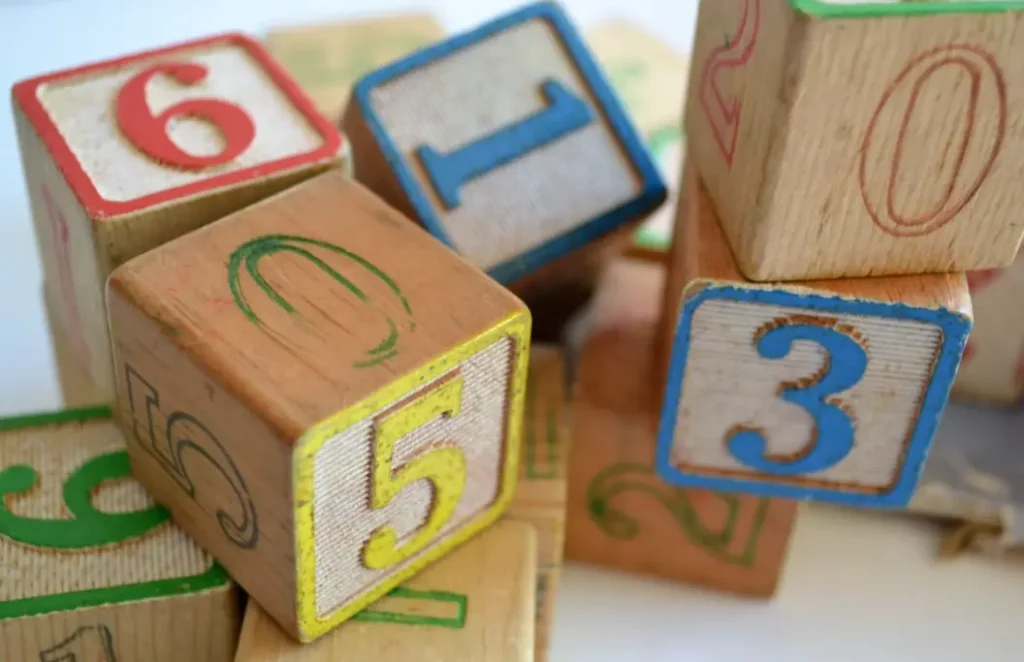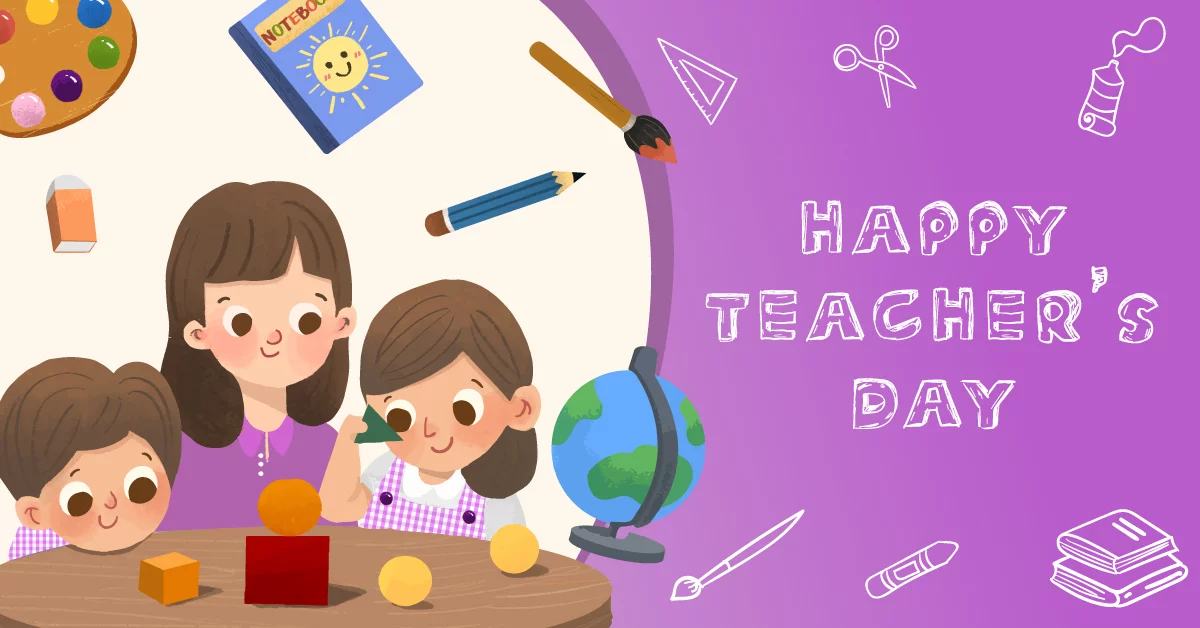
Early Numeracy Skills for Your Toddler
Early Numeracy Skills for Your Toddler
Numeracy in the Early Years
– Investigate using objects
– Listen to the sounds made by the words that describe the objects
– Examine images of the items
– Recognise written symbols or words in their regular play activities
– Discuss how they resolve issues when speaking
The Importance of Numeracy Skills
1. Number Recognition/Sense
2. Measurement
– Discuss with your child the surroundings’ items. Help them determine which is taller or shorter, bigger or smaller.
– Help your child construct a block tower that is taller than one of their favourite toys. To determine the height of the tower, have your child count all the blocks.
– Who can jump the farthest? Measure and estimate. How many buttons can you fit in a jar?
– Take note of any weather or time of day changes. To gauge and track the amount of rain, make a “rain gauge” out of an old bottle.
3. Simple Spatial Sense
4. Observing Patterns
Mulberry School Tour
Our Locations
Click here to visit our Contact Us page and view the preschool/infant care centres conveniently located near you.
CONNECT WITH US
USEFUL LINKS
About Us
Mulberry Learning prides itself on making the preschool experience both memorable and enjoyable while transforming a child into a competent explorer, an imaginative thinker, and a creative problem solver. Through our proprietary award-winning curriculum, unique Habits of Mind programme and dedicated staff who are passionate about imparting positive attitudes, Mulberry Learning holds strong in its promise to deliver a holistic education that nurtures the Future Ready Child.
A PREMIUM PRESCHOOL BRAND UNDER GLOBAL EDUHUB









